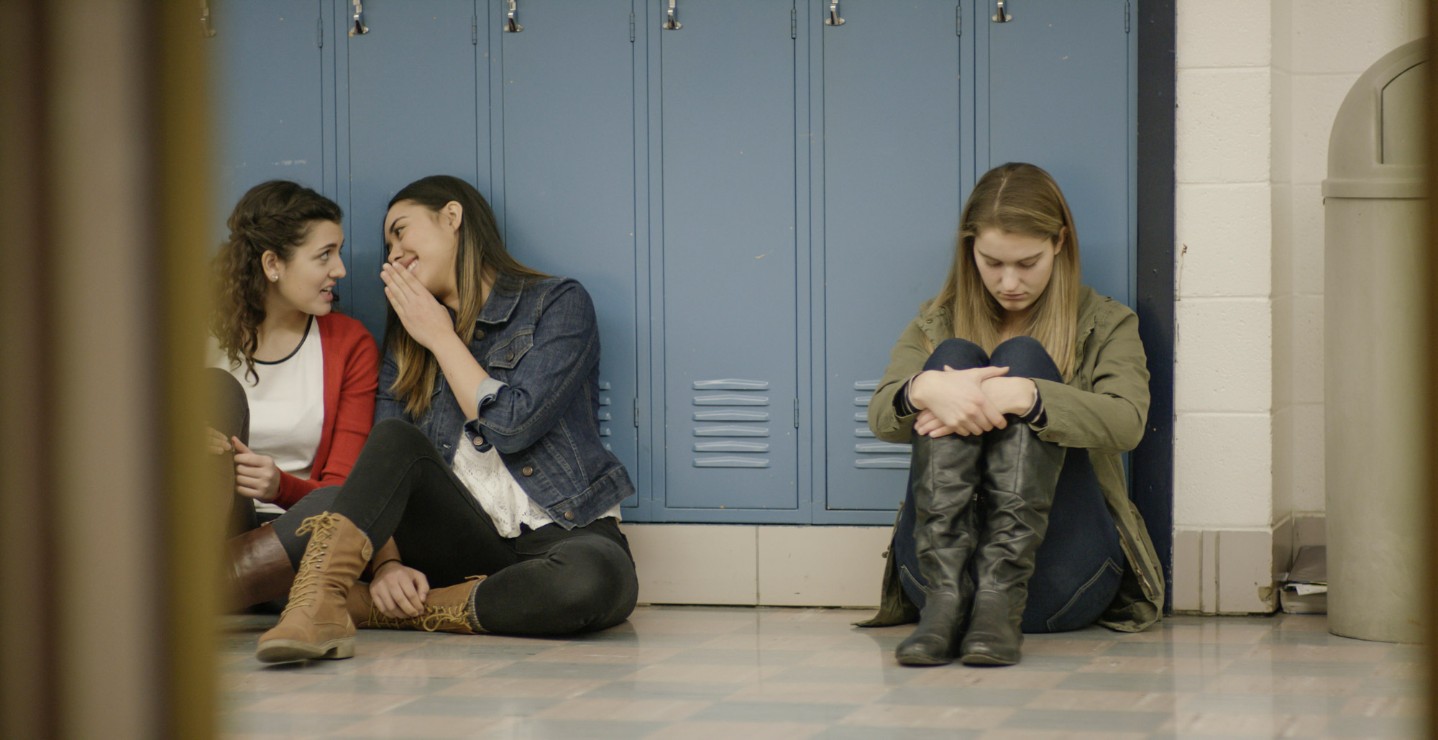Get a Jump On Summer: 7 Tips for Parents
MAR 29, 2024Our child adolescent psychiatrist offers tips to help parents balance work, household and family needs while making summer a memorable time for children.
Read More
As most of us have heard by now, there is a popular television series titled “The 13 Reasons Why” playing on Netflix. This series has been invading our schools and communities and has really gained some time in the spot light, both good and bad. So, the question remains of should I or should I not let my kids/family watch the series?
For those that haven’t watched the series or are not yet familiar with it; it is a series that revolves around a teenage girl who goes by the name of Hannah. Hannah does in fact commit suicide in the last episode which is shown in great detail. The previous episodes leading up to Hannah’s death all revolve around peers at her school receiving a series of cassette tapes that reveal the 13 reasons why she decided to end her life; if they were one of the individuals to receive the tapes, they were one of the reasons for her decision.
Phew!!!!! Can you imagine being in a high school where one of your friends/peers has made the decision to end their lives and then you receive a package which entails a series of cassette tapes letting you know that you were one of the reasons for their departure on this earth?
There has been much discussion in local communities in regards to the series. The discussions question if the series is bringing light to an issue that is very real in our society today, or if this series has generated thoughts or embellished the thought of suicide in particular for our youth who are very susceptible to things they see on TV. Being a mental health professional, I myself have heard some alarming comments that revolve around noticing how peaceful Hannah looked after slitting her wrists, and thinking that suicide via this means would have been more painful in their mind. Some have made general references such as in no way did this show deter them from thinking about suicide, but rather enticed them, or triggered them, gave them ideas. Some have noticed the “blame game” that occurred with everyone trying to blame someone else for Hannah’s end action that she took upon herself. A worry for me as a professional would be a copy cat phenomenon that could take place.
So what’s the answer? This question is tricky for many reasons. Suicide is indeed real. It is indeed happening to both young and old, popular or alone, rich or poor, jock or emo, seemingly happy or seemingly sad. Depression, anxiety, suicide, etc. does not discriminate. I believe in part it comes down to communication. Communication between child and parent, teacher, elder, peers, etc. We need to talk about the subject. Everyone wants to believe that suicide will not affect them. However, if we look around most all of us can identify with someone that has taken their life or attempted, maybe even just had the thoughts. So we need to talk about it; don’t run from the subject, turn the blind eye, or pretend it doesn’t exist. I encourage parents of kids that have watched the series to talk about it, get their reactions to the show, be open and honest. Discuss that if they or kids that they know have ever struggled with such feelings of sadness, depression, or suicide to come to you so that you can get them the proper help/assistance/support they may need. I would rather people talk about the issue and bring it to light, then have to have one more of our youth’s candles burn dim and have to put them to eternal rest. So reach out, break the stigma, break the silence of mental health. Let your voice be heard, it may just save a life.
In the words of Leo Buscaglia, “Too often we underestimate the power of a touch, a smile, a kind word, a listening ear, an honest compliment, or the smallest act of care, all of which have the potential to turn a life around.”

Our child adolescent psychiatrist offers tips to help parents balance work, household and family needs while making summer a memorable time for children.
Read More
An estimated 9% of the US population will have an eating disorder in their lifetime. That’s nearly one in 10, or 28.8 million Americans.
Read More
Our mental health therapist shares warning signs for suicide and tips on how to start a conversation with someone who may be struggling with suicidal thoughts.
Read MoreWhen you need local health information from a trusted source, turn to the CHI Health Better You eNewsletter.